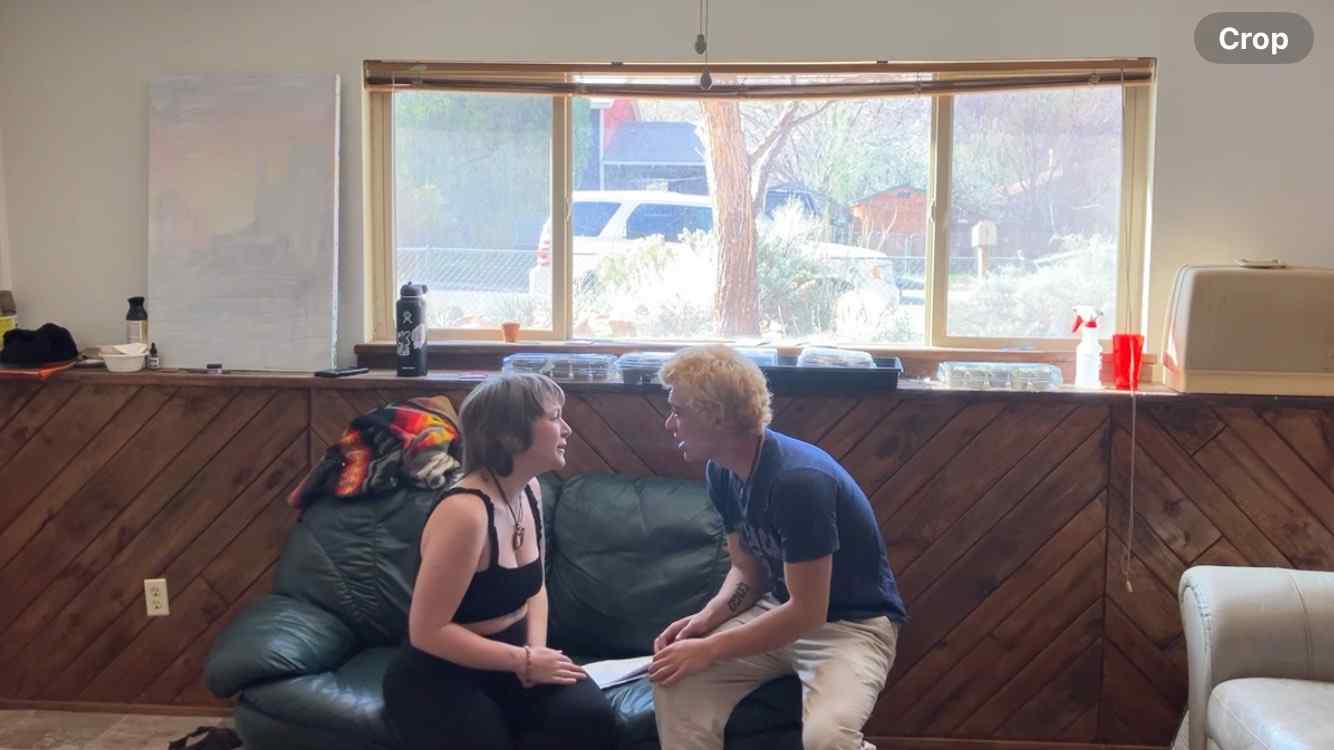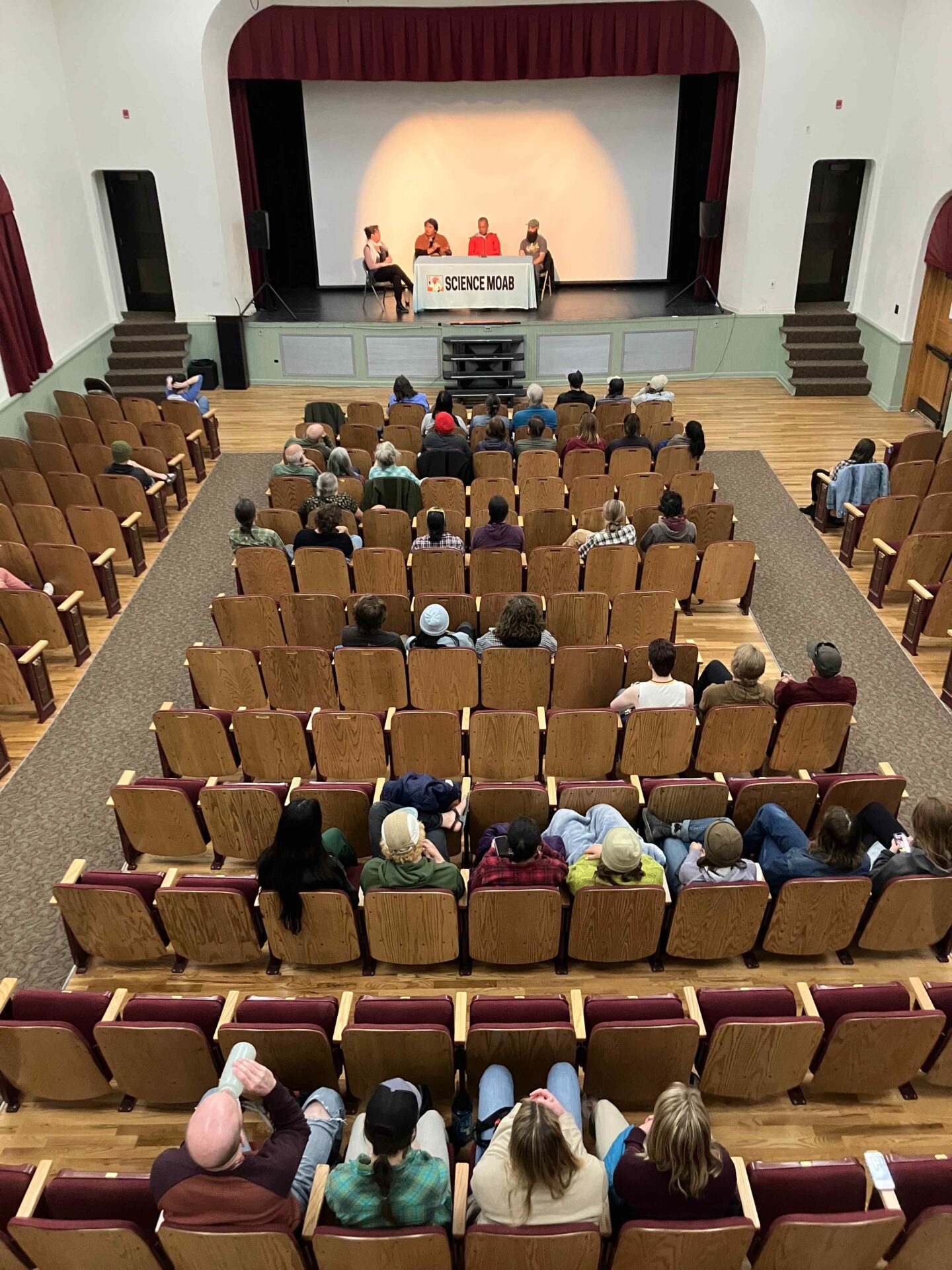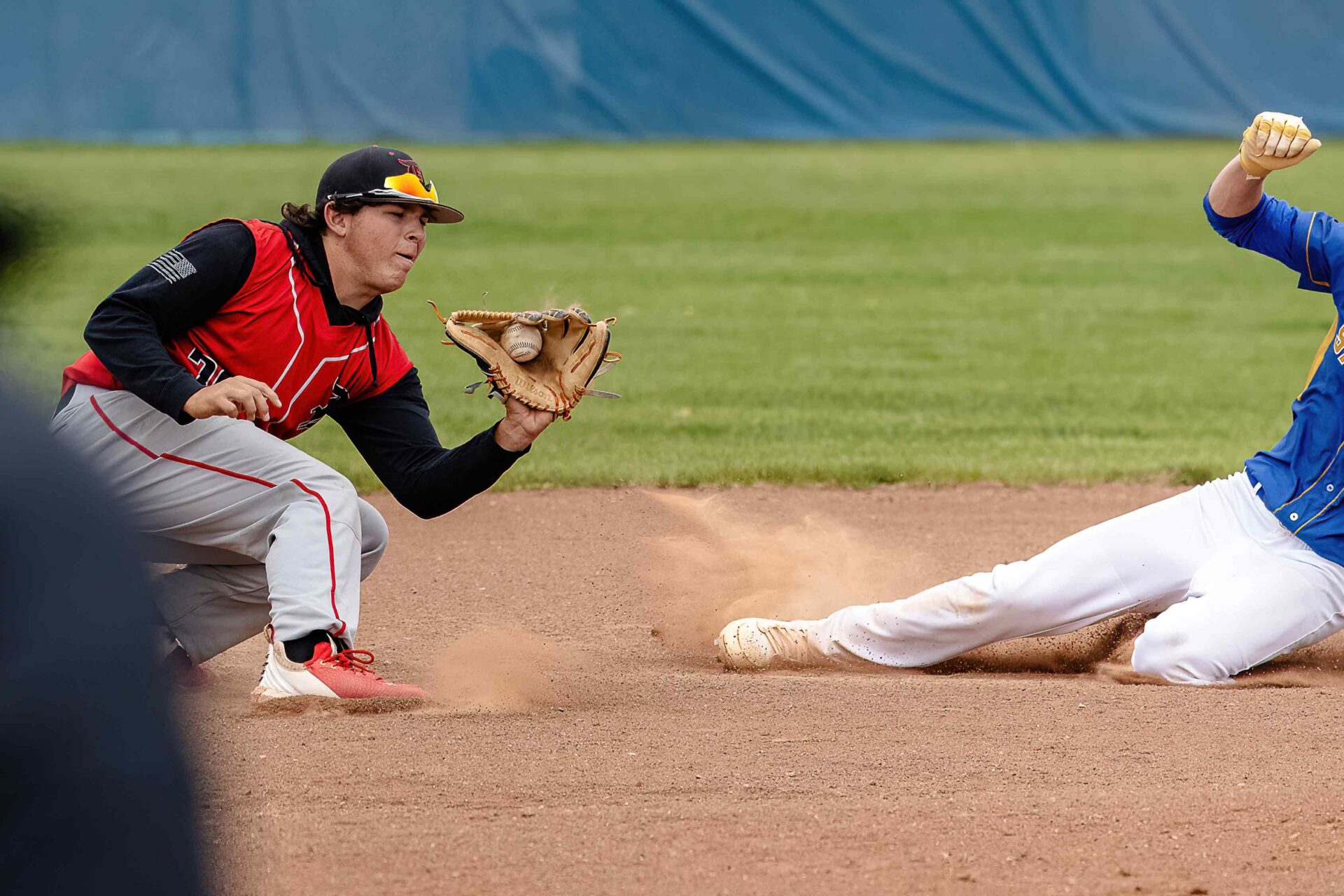The three-week festival begins on August 21 with over 20 concerts
The 31st Moab Music Festival will take place from August 21 to September 15 this year and will host a variety of events taking place all over the local landscape, including concerts at the Sorrel River Ranch, Red Earth Venue, and the Colorado River itself.
The evolution and steady scaling of Moab’s longest-running music event can be attributed to its founders, Michael Barrett, and Leslie Tomkins, but they would tell you otherwise. While they lead all artistic direction for the festival, they credit their team with being responsible for the growth and success of the program, including its impact on the town. And, this year, their team and ambitions are larger than ever.
That’s not to say their ambitions have ever been small.
“No one else in the business undertakes so many different venues each day,” Tomkins said. “From piano moves to boats, they get it all done, and it’s quite a feat.” The festival faces the complexities of managing concerts in remote locations: transporting a piano to and from a hiking location or beach off the river requires planning, staff, equipment, and careful execution.
Long term festival supporter and local business owner Kevin Fitzgerald, who helps lead the set-up crews, said his team takes extreme care when cleaning up, even “brushing the sand to remove all footsteps imprinted during the events,” he said.
The creativity, grit, and dedication to setting up ambitious stages against unbeatable natural backdrops has not faltered in over 30 years. And now, with more support than ever dedicated to operations and logistics, the festival founders have planned an expansive two-year ‘water’ theme that will influence both the 2023 and 2024 seasons.
Incorporating a long-term theme into the festival is a departure from years past, but will aim to highlight the water crisis that is facing the West, Barrett said. In recent years, the town has been impacted by many water-related events: from droughts to the most recent 100 year flood of 2022, there has been no shortage of discussion on how to navigate the water crisis facing the Southwest.
“The river has been a huge shaping force in the artistic flow since the beginning and is integral to the existence of the festival,” Tomkins said. “We thought it was important to combine music from living composers with it to pay homage to and to honor it, in addition to looking at all the different groups that the river matters to.”
The focus on the river will serve to influence performers, commissioned pieces, and community events. With over 20 concerts lined up for this year’s festival, it aims to inspire performers and concert-goers alike with experiences that dive deep into the connections between water and art.
Pius Chung is this year’s Composer-In-Residence, a position that welcomes musical luminaries to compose original music. Chung is creating an instrumental piece that travels through seasons of drought, bridges, rain, and flood. The composition will combine sounds from the violin, clarinet, cello, piano, and percussion to produce a story “flooded with notes that eventually become a common resonance that connects us all,” Chung said.
Chung will debut the piece, called “Samsara,” during the “Water Worlds: Rivers, Bridges, Drought, and Floods” concert on Sunday, September 3 at the Red Cliffs Lodge.
Also not to miss is the free Community Concert sponsored by Rocky Mountain Power, an event that provides a taste of the entire festival. The concert will take place at Old City Park on Monday, September 4 at 2 p.m.
While classical music makes up the foundation of the Moab Music Festival, Barrett and Tomkins have prioritized making sure the line-up offers something for everyone: more than 40 artists will play at the festival, including the Hot House West String Orchestra and mezzo-soprano opera singer Amanda Lynn Bottoms. Barrett said there are many opportunities for residents to enjoy themselves while taking in different styles of music that they might not normally be exposed to.
“Every concert is special, they aren’t similar at all,” Barrett said. “They all have a very specific point of view, and they each examine a certain kind of movement in music.”




